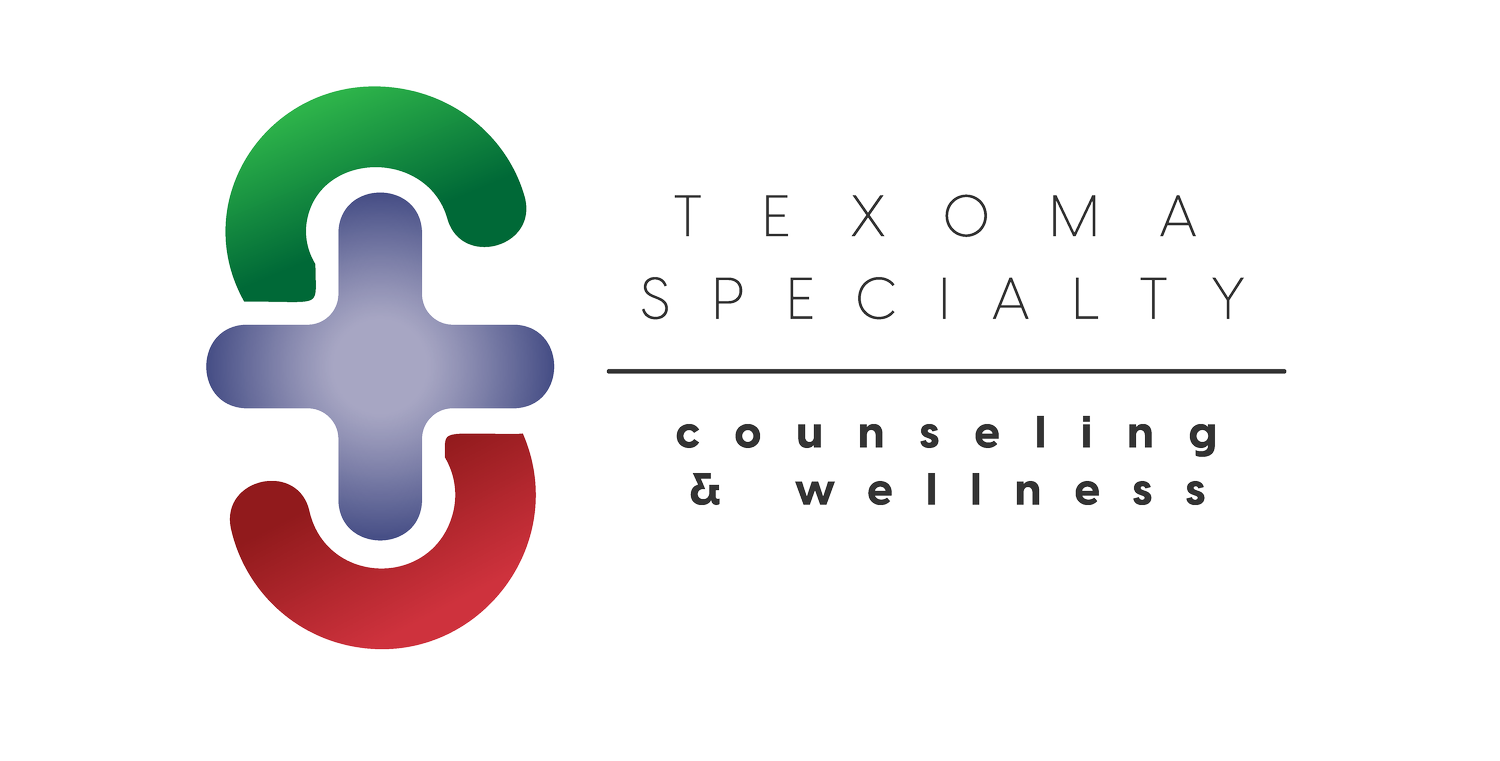Shame, Embarassment & Therapy
Overcoming the Stigma: Why Seeking Therapy is a Positive Step
🌟 Someone might feel embarrassed to seek therapy due to the lingering stigma associated with mental health issues, which can make them worry about being judged or perceived as weak by others.
This embarrassment may be compounded by cultural or familial expectations that value self-reliance and view seeking help as a sign of personal failure. Additionally, societal misconceptions about therapy, such as the belief that it is only for severe mental illnesses, can contribute to feelings of shame. Fear of the unknown and the vulnerability involved in discussing personal issues with a stranger might also deter individuals from seeking the help they need. Consequently, these factors can create a significant barrier to accessing mental health services, despite the potential benefits of therapy. 😔
🌟 Seeking therapy is a positive and proactive step towards mental health and well-being, and there are several reasons why no one should feel embarrassed about it:
Common and Normal: Many people seek therapy for various reasons, including stress, anxiety, depression, relationship issues, and personal growth. It’s a normal and common part of life. 🌍
Proactive Self-Care: Therapy is a form of self-care, much like exercising or eating well. Taking care of mental health is just as important as physical health. 🧘♀️🍏
Stigma Reduction: The stigma around mental health is decreasing as more people speak openly about their experiences with therapy. Normalizing these conversations can help others feel less embarrassed. 🗣️💬
Personal Growth: Therapy can lead to significant personal growth and self-awareness. It’s a space to learn more about oneself, develop coping strategies, and improve overall quality of life. 🌱
Confidential and Professional: Therapists are trained professionals who provide a confidential and non-judgmental environment. Their goal is to help individuals navigate their challenges and achieve their personal goals. 🔒👩⚕️
Strength and Courage: Seeking therapy shows strength and courage. It demonstrates a willingness to confront and work through difficult issues rather than avoiding them. 💪🦸
Preventative Measure: Addressing issues early on through therapy can prevent more serious mental health problems down the line. It’s a proactive way to maintain mental health. 🛡️
Support System: Therapists can provide a valuable support system, offering guidance, validation, and different perspectives that friends and family may not be able to provide. 🧑🤝🧑👂
Improved Relationships: Therapy can improve relationships with others by helping individuals communicate better, understand their emotions, and resolve conflicts effectively. ❤️🗨️
Enhances Overall Well-being: Ultimately, therapy can lead to a happier, healthier, and more fulfilling life by helping individuals manage their mental health effectively. 🌟😊
🌟 Understanding these points can help diminish any embarrassment and encourage individuals to prioritize their mental health without shame.


